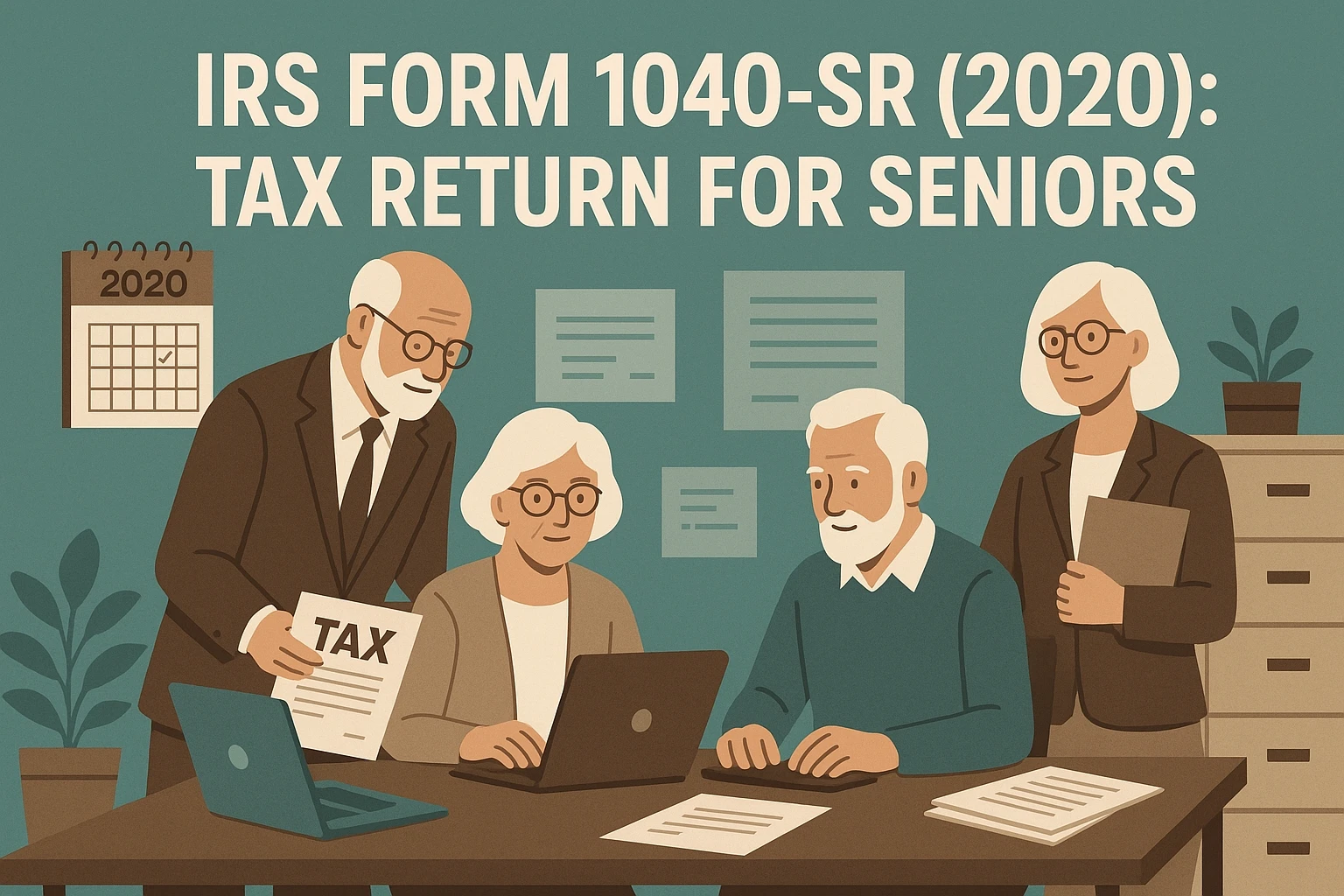IRS Audit Risks & Deductions for Real Estate Flippers
Real estate investments, such as rental properties and house flipping, have become popular for taxpayers to build wealth. Still, these activities also involve complex tax rules and a higher chance of IRS review. Investors who report rental income or earn profit from flipping houses must follow tax laws carefully since mistakes on a tax return may subject them to an audit. Understanding the risks and properly filing with the proper forms can help prevent costly penalties and disputes with the IRS. Keeping accurate records is especially important for self-employed individuals or those working with business partners. The IRS expects taxpayers to support every claim of business expenses, property taxes, depreciation, or deductible expenses with receipts and detailed records from at least the last three years. When these requirements are unmet, taxpayers may face red flags that trigger closer inspection. The difference between treating income as passive income versus active business activities also determines how the IRS views these transactions. This article explains the most common audit risks and deductions for real estate investors and flippers. It also shows how to determine whether income should be reported under Schedule C or Schedule E, how to deduct expenses correctly, and how to answer questions if the IRS requests verification. By the end, taxpayers will understand how to claim credits, report investments, and protect themselves while complying with tax laws.
Read More










.webp)





